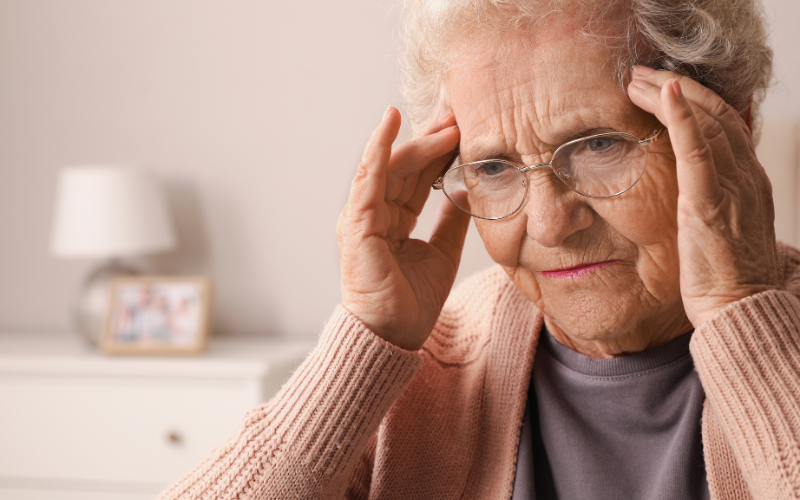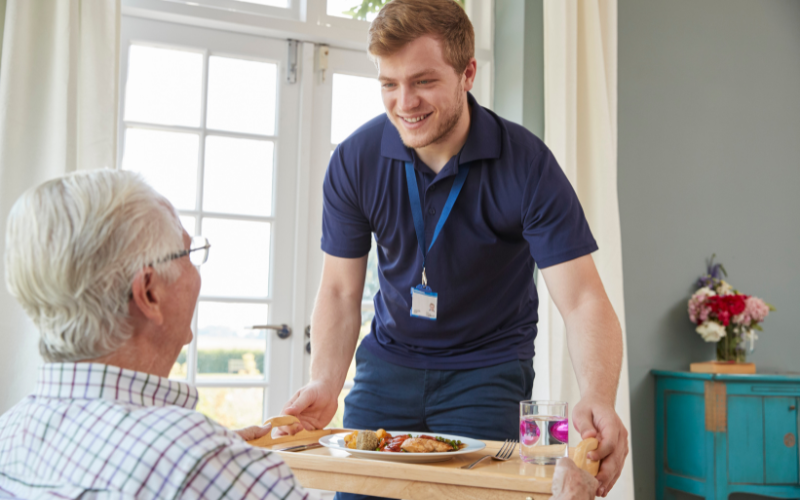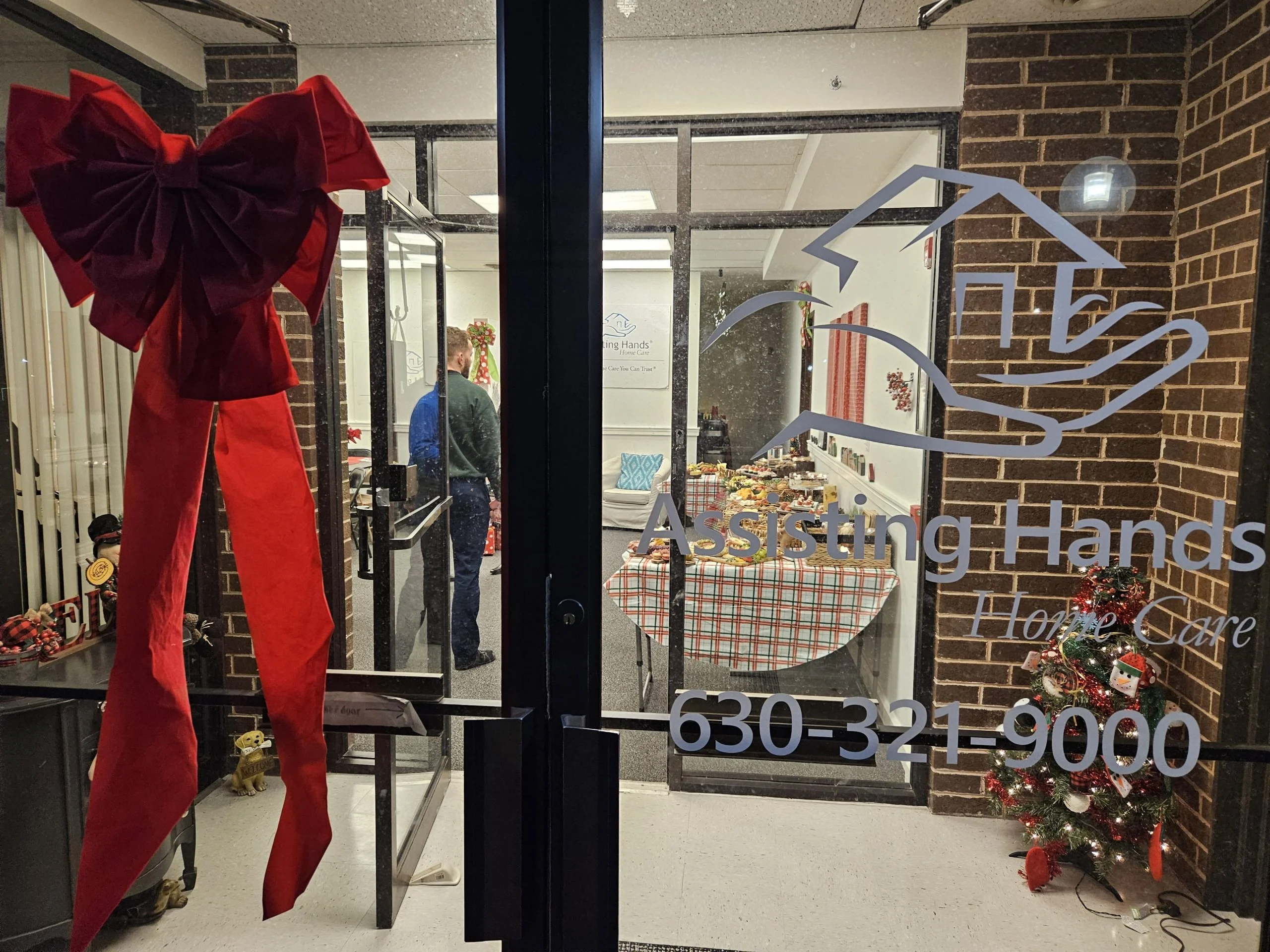
Aging is a complex process that presents a distinct array of challenges, ranging from changes in cognitive functions and physical abilities to shifts in social engagement and activity levels. These changes, which can vary widely among individuals, can sometimes steer seniors towards isolation, resulting in functional decline, and potentially leading to depression. This isolation can be worsened by the loss of close friends and family, changes in living situations, or the inability to participate in once-loved activities.
However, despite these significant challenges, caregivers play a crucial role in mitigating these effects by fostering an environment that enables the elderly to overcome daily hurdles with grace. This involves not only providing physical support and assistance but also encouraging social interaction, mental engagement, and emotional connection. By understanding the unique needs and preferences of each individual, caregivers can tailor their approach to help maintain a sense of independence and dignity among the elderly, ultimately enhancing their quality of life even as they navigate the complexities of aging.
It is important to understand the daily challenges that affect millions of seniors each day.
1. Dementia
Cognitive decline occurs as people age. Dementia is a common cognitive health condition that affects nearly 50 million seniors worldwide. Alzheimer’s disease, which falls under the category of dementia-related illnesses, plagues the lives of five million people over age 65 in the United States.
Family members can learn to communicate with loved ones suffering from dementia. Speaking clearly and slowly, limiting distractions, offering comfort and reassurance, breaking down tasks into manageable steps, and remembering the past are effective ways to communicate with these seniors.
Dementia caregivers are trained to placate seniors when dementia leads them to wander, experience paranoia, or suffer fits of agitation. Caregivers skilled in dementia care are able to identify environmental triggers that set off dementia patients and utilize resources to soothe them.
2. Malnutrition
Due to muscle weakness, seniors may no longer be able to stand over the stove to cook. Consuming inadequate nutrients may be the outcome of forgetfulness or depression in the senior. A limited income also prevents some seniors from enjoying nutrient-rich meals on a daily basis.
Malnutrition can easily be rectified by consuming enough fruits and vegetables and decreasing saturated fats and salt. When grocery shopping is near-impossible, seniors may rely on caregivers to shop for fresh produce and prepare meals in accordance to their care recipients’ dietary restrictions.
3. Falls
Weakness predisposes seniors to injury. Falls are the most common type of injury experienced by older people. Every half hour, an elderly individual dies from fall-related injuries. Aging bodies undergo the loss of muscle strength and flexibility, which introduces balance issues and the likelihood of bone fractures.
Falls may be avoided through home modifications, such as removing rugs, cords, and other trip hazards. Seniors who exercise regularly strengthen their muscles and maintain balance. Caregivers who accompany seniors on walks and modify the home environment keep care recipients from injury.
4. Depression
A normal part of aging is the loss of social connections. Spouses and friends may have passed away, leaving seniors alone and lonely. Furthermore, depression may be a side effect of a chronic health condition. Depression among the elderly is common and affects seven percent of the aging population.
A healthy lifestyle and social support are instrumental in warding off depression. Caregivers are invaluable when it comes to transporting seniors to social activities that keep their minds and bodies engaged. Caregivers provide companion care, reducing seniors’ isolation and feelings of loneliness.
5. Hearing and Vision Loss
Sensory impairments affect adults over the age of 70. Poor vision may result from such conditions as cataracts, glaucoma, or diabetic retinopathy. Hearing loss is a common occurrence among the aging population. Eyeglasses and hearing aids are aids that restore vision and hearing.
Minor modifications to the home also ease the daily life of seniors with poor vision. Plug in night lights along the hallways. Use electronic magnification units to enlarge images. Purchase books and clocks with large print. Schedule a yearly eye exam with an eye specialist.
6. Incontinence
Chronic health conditions and a poor diet are often responsible for bladder issues and constipation in the elderly. Urinary incontinence is also likely to occur in people in the late stages of Alzheimer’s disease. Seniors may forget to use the bathroom or not realize they need to urinate.
Prevent accidents by barring beverages, like caffeinated tea or soda, that increase urination. However, seniors should stay adequately hydrated with water. Ensure the senior takes regular bathroom breaks. Remove clutter in the hallways leading to the bathroom and keep the light on in the bathroom.

7. Medication Noncompliance
Due to forgetfulness, seniors may neglect to take their prescribed medicines. When older people are faced with taking multiple medicines at different times each day, they may become confused and consume the incorrect dosage or pills. Either scenario can lead to health complications.
Fortunately, advances in technology facilitate medication compliance. Alerts may be set on a senior’s smartphone, for instance. Planners, dispensers, and pill organizers make taking medications simpler. Professional caregivers, too, remind their care recipients to take the right medications on schedule.
8. Transportation
Seniors who are reluctant to drive are likely to have difficulty completing necessary personal errands, such as getting to the post office, to doctor’s appointments, or to social activities. The lack of reliable transportation can lead to isolation, poorer quality of life, and earlier death.
Government transportation programs are often locally available to seniors. County public transportation may be free or low-cost. Reliable errand and transportation services for seniors are also provided as part of the daily services offered by professional caregivers.
9. Ageism
Ageism refers to a level of prejudice towards senior citizens due to their age which can include anything from disrespectful treatment to systemic inequalities. Seniors who experience ageism may be more likely to feel lonely and isolated which can lead to mental and physical health issues.
The following are common types of ageism that seniors may experience:
- Interpersonal ageism: Interpersonal ageism includes actions by other people such as disrespectful comments or jokes. It also includes mistreatment at work, such as refusing to give tasks or hours to senior employees.
- Self-directed ageism: This refers to internalized negative perceptions seniors have of themselves regarding their age.
- Institutional ageism: This includes systemic ageism and social norms that are detrimental or unfair to seniors.
The best way you can protect your senior loved ones from ageism is to treat them with respect and avoid making jokes or unpleasant comments about their age.
10. Financial Issues
According to the National Council on Aging, 1 in 3 Americans over the age of 65 are economically insecure. Retired seniors are often bringing in less money than they did while working which makes it difficult to pay for things like housing, health care, and groceries. Over time, their savings can diminish which leaves them in a difficult spot financially.
The following facts from the NCOA show the extent of the financial difficulties that seniors experience:
- Around 1 in 3 adults over 65 have incomes that are at or below 200% of the Federal Poverty Level (FPL) which is $29,160 per person per year as of 2023.
- Wage discrimination and the need to leave the workforce for caregiving makes older women more likely to live in poverty.
- Social Security makes up 50% or more of the incomes for 37% of older men and 42% of older women.
- Over 2 million seniors on Supplemental Security Income (SSI) receive only $511 per month on average.
- Over 5 million older Americans were in danger of hunger in 2020.
- Of the adults over 60 who are eligible for the Supplemental Nutrition Assistance Program (SNAP), only 47% enrolled to receive benefits in 2020.
- Of the older adults who pay a mortgage for their home, 30% of them have payments that are more than a quarter of their monthly income.
If your senior loved ones are in a difficult financial position, there are NCOA programs that offer financial assistance for seniors. Families can also come together and help their senior loved ones create a budget that can help ease their financial burden.
Home Care to Help Seniors
Family support and dedicated caregivers from Assisting Hands Home Care can help seniors navigate their daily challenges. Whether it’s short-term or long-term in-home care that’s needed, our home care agency develops a personalized care plan to meet all care requirements.
Our caregivers at Assisting Hands Home Care are both skilled and experienced, offering specialized memory care for seniors with dementia and personal care to support seniors in their daily activities. Additionally, we conduct evaluations of the senior’s living environment to eliminate any risks of falls or trips.
Each of our caregivers is licensed, bonded, and insured to offer maximum peace of mind to our care recipients and their families. Our professionals are trained in CPR, handling emergencies, and delivering first aid. Your loved one’s non-medical needs will be met with our reliable home care services.
Families and their elderly loved ones living in Burr Ridge, IL | Lyons, IL | Indian Head Park, IL | McCook, IL | Hodgkins, IL | Countryside, IL | Willow Springs, IL | Palisades, IL | La Grange Highlands, IL | Clarendon Hills, IL | Brookfield, IL | Western Springs, IL | Hinsdale, IL | Darien, IL | La Grange, IL | Downers Grove, IL | Oak Brook, IL | Willowbrook, IL and the surrounding communities are encouraged to consult Assisting Hands Home Care for practical solutions to the everyday problems faced by seniors. Call us today at (630) 407-1932 to schedule your in-home consultation at no cost.















